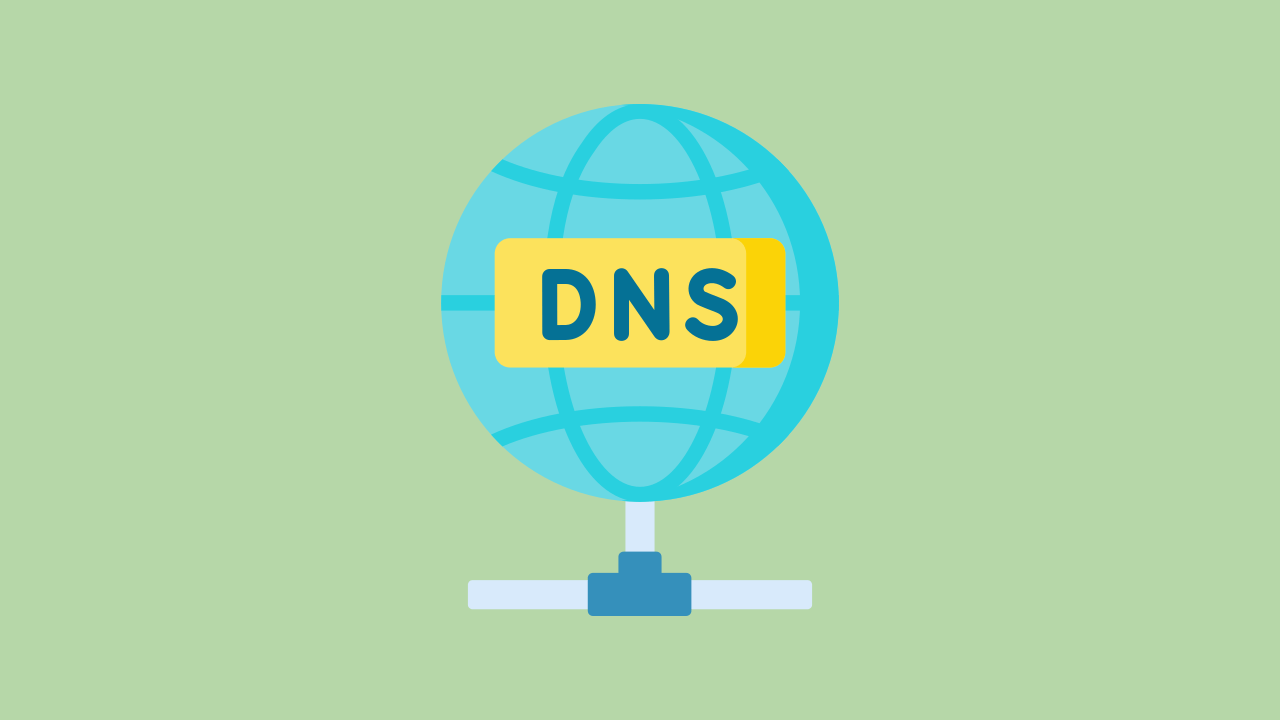Imagine you’re about to visit a friend’s house for the first time. It’s pretty challenging to memorize their exact street address. Instead, you probably remember their home as “John’s house.”
DNS works similarly for the internet. It’s a system that translates human-friendly website names, like “www.google.com”, into the numerical IP addresses that computers use to communicate.
On this page, you can find and jump to:
How DNS Works with Your Browser
When you type a URL into your browser, like “browserhow.com,” you give your browser the name of the site you want to visit. But to fetch and display the site on your screen, your browser needs the precise location and numerical IP address.

Here, DNS is like your browser’s smart GPS. It takes the URL and looks up the corresponding IP address. Once your browser has the correct IP address, it can retrieve the website data and display it for you.
An Easy-to-Understand Example
Let’s imagine DNS as a massive digital phone book. When you want to call your friend John (visit a website), you look for John’s name in the phone book (DNS server), and it gives you his phone number (the IP address). Now that you have the number, you can call John (your browser can load the website).
DNS handles this process in milliseconds, making your browsing experience seamless and smooth.
Bottom Line
In a nutshell, DNS is a crucial part of your browsing experience, even though it works behind the scenes.
By translating URLs into IP addresses, it acts as a bridge between you and the vast world of the internet, making sure you reach the right destination.
So, the next time you type a URL into your browser, remember you’ve got DNS, your digital GPS, to thank for a smooth journey to your digital destination.
Lastly, if you've any thoughts or feedback, then feel free to drop in below comment box. You can also report the outdated information.







